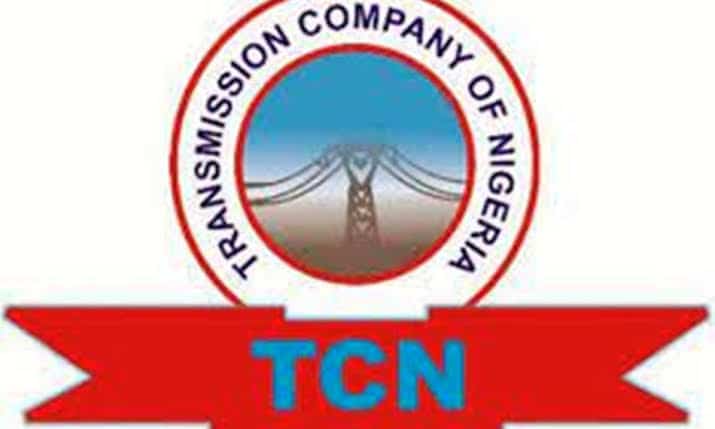
The Managing Director and CEO of the Transmission Company of Nigeria (TCN), Sule Abdulaziz, has revealed that Nigeria supplies uninterrupted 24-hour electricity to neighboring countries Togo and Benin, despite ongoing concerns over recent power grid collapses within Nigeria.
During an interview on Channels TV’s Politics Tonight on Sunday, Abdulaziz confirmed, “We supply Togo, Benin, and Niger. They receive power from Nigeria on a 24-hour basis, and they are paying for it.”
Addressing why many Nigerians still face inconsistent electricity supply, Abdulaziz explained that not all citizens are affected.
“Nigerians are getting 24-hour supply, but not everyone. Those in Band A receive 20-22 hours of power,” he clarified.
Nigeria’s electricity distribution is tiered: Band A customers receive 20-24 hours of electricity, Band B customers get 16-20 hours, and Band C customers are provided with 12-16 hours of power daily.
Abdulaziz expressed confidence in the potential for nationwide improvements in electricity supply within the next few years.
“I am optimistic we can achieve a consistent power supply in less than five years. The new minister is focused on resolving the root issues, not merely creating superficial fixes,” he said.
He also highlighted that power grid collapses are not solely TCN’s responsibility, explaining that failures could stem from various sectors within the power system.
“A system collapse doesn’t mean it’s entirely TCN’s fault. It could be due to issues in generation, transmission, or distribution. Some may also result from unforeseen disasters. TCN manages the grid, but it doesn’t mean we are the source of every problem,” Abdulaziz emphasized.
Additionally, he sought to clarify the distinction between the TCN and the defunct National Electric Power Authority (NEPA).
“People still confuse TCN with NEPA. Back when we were NEPA, we handled generation, transmission, distribution, and marketing. Now, TCN is only responsible for transmission, but people often blame us for failures in other sectors,” he said.
Abdulaziz also acknowledged the significant infrastructure challenges facing the country’s power system, noting that much of the equipment in use is outdated.
“Many of the equipment we’re using are over 50 years old,” he pointed out.
Regarding electricity costs, Abdulaziz argued that Nigeria’s electricity remains relatively affordable compared to other African nations.
“People feel electricity is expensive here because they’re used to paying less. In reality, if you compare prices with other African countries like Burkina Faso, Senegal, and Niger, Nigeria’s rates are cheaper,” he concluded.


